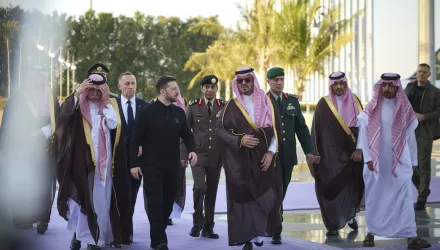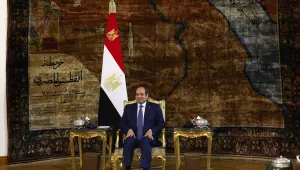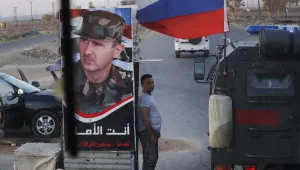On September 16, 2021, the Harvard Kennedy School’s Middle East Initiative (MEI) hosted Philippe Lazzarini, Commissioner-General of the United Nations Relief and Works Agency for Palestine Refugees (UNRWA), for a discussion on UNRWA’s mandate, successes, and challenges. MEI’s Faculty Director, Professor Tarek Masoud, moderated the discussion.
Lazzarini highlighted UNRWA’s success in providing “government-like services” such as schooling, food distribution, and critical public health promotion to Palestinian refugees across host countries. Particularly in the last few months, UNRWA has facilitated the distribution of COVID-19 vaccines to Palestinian refugees. He cited the example of Jordan, where UNRWA has supported the government in its commitment to providing equal access to COVID-19 vaccines, regardless of citizenship status.
Lazzarini addressed the formidable challenges facing UNRWA today, particularly its precarious funding situation. Professor Masoud pointed out that there is an “ongoing existential challenge” for UNRWA because “[its] mandate is designed to ultimately be liquidated” in a future where the Israel-Palestine conflict is resolved. Lazzarini emphasized that the resulting perpetual financial crisis endangers the salaries of UNRWA staff, which in turn threatens the continuation of critical education and health services and unsettles the refugee community, UNRWA staff, host countries, and donors. Still, Lazzarini maintained that UNRWA is well-suited to serve Palestinian refugees because it operates under the premise that a political solution can and will be reached.
Throughout the discussion, the urgency of a political solution to this humanitarian crisis was ever-present. “Refugees aren’t just refugees for the fun of it,” Lazzarini concluded, “[they are] refugees because we don’t have a solution for them.”



